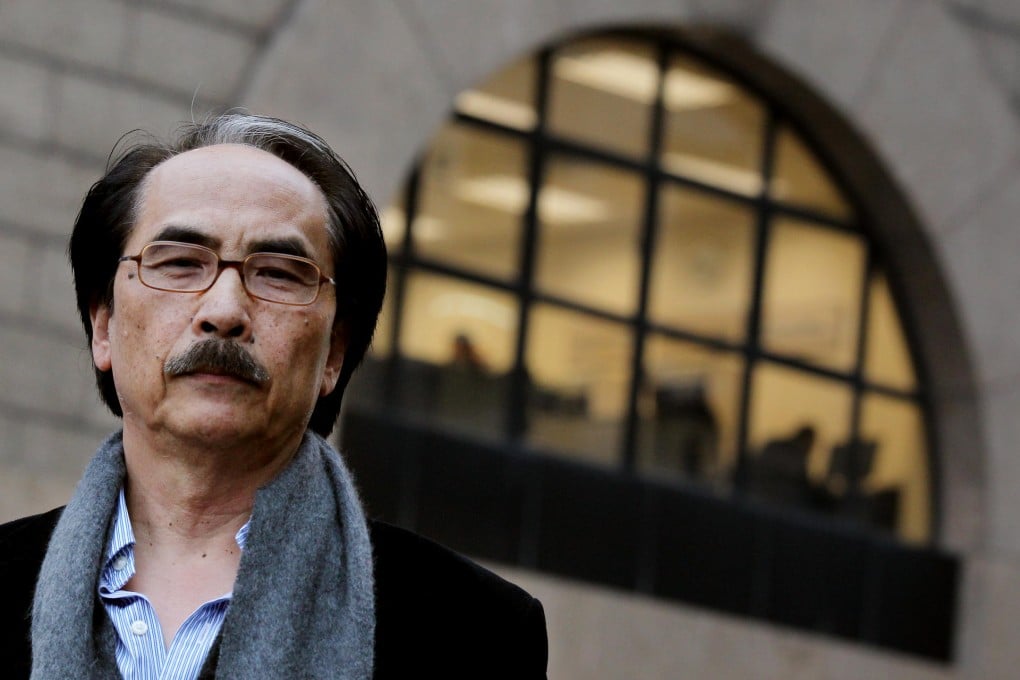Greater push for archival law for more transparency
Campaigners cite statistics on destruction of papers to bolster calls for an archive law

Calls for an archive law have been heightened after it was revealed that two government bureaus have not stored a single file in the government archives for at least three years.
Government replies to lawmakers' questions on the budget showed that over the three-year period from 2011 to last year, a total of 80,054 files were sent from all 12 policy bureaus to the Government Records Service for permanent storage.
In the same period, a total of 1,336,510 files from these bureaus were destroyed.
For every official document retained at the service during that time, about 17 were destroyed.
This is a huge reduction from one file retained for every 289 destroyed between 2006 and 2010, as found in a South China Morning Post study conducted in 2011.
But former records service director Simon Chu Fook-keung said this was still not enough to ensure public access to key files.